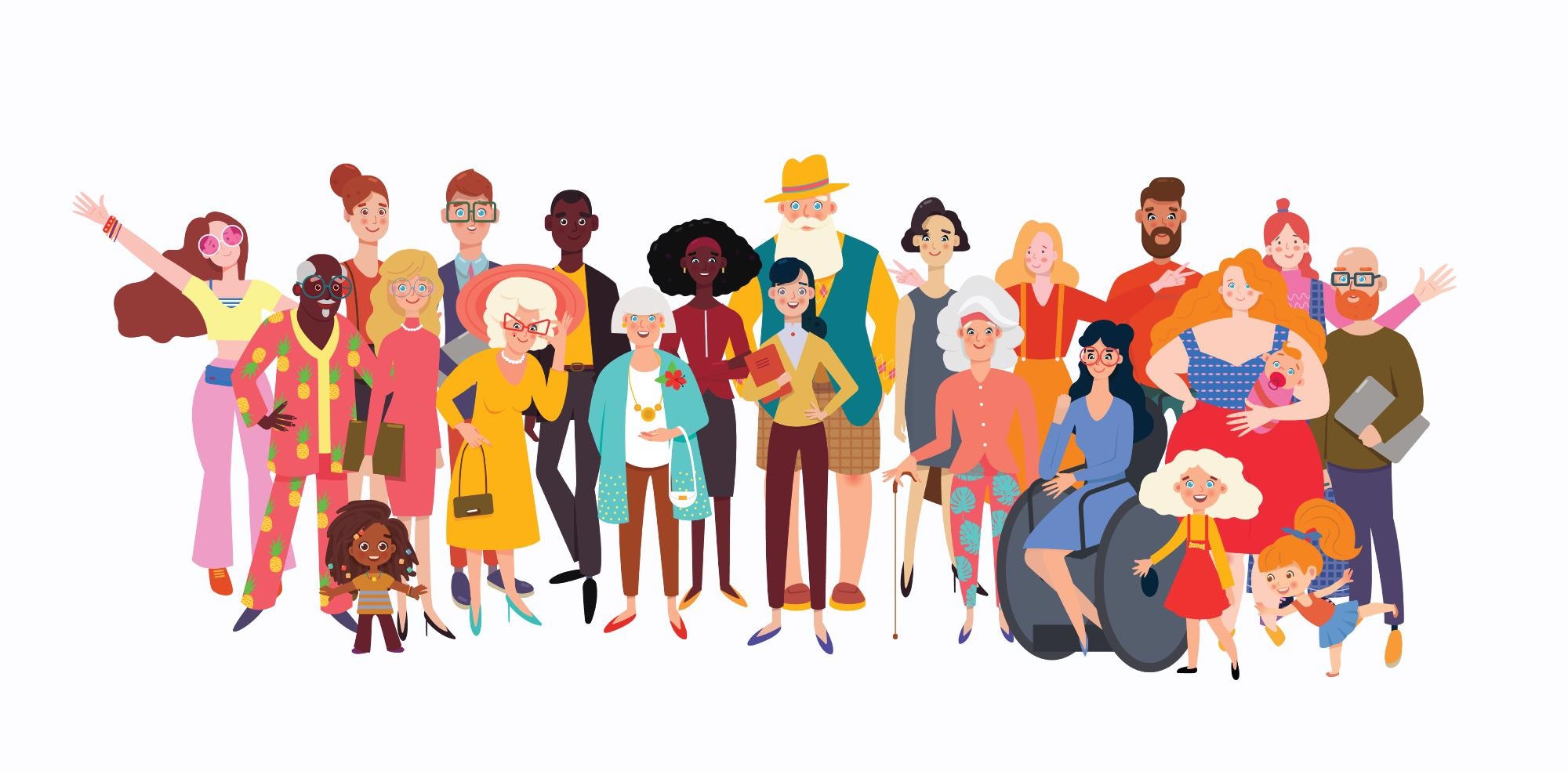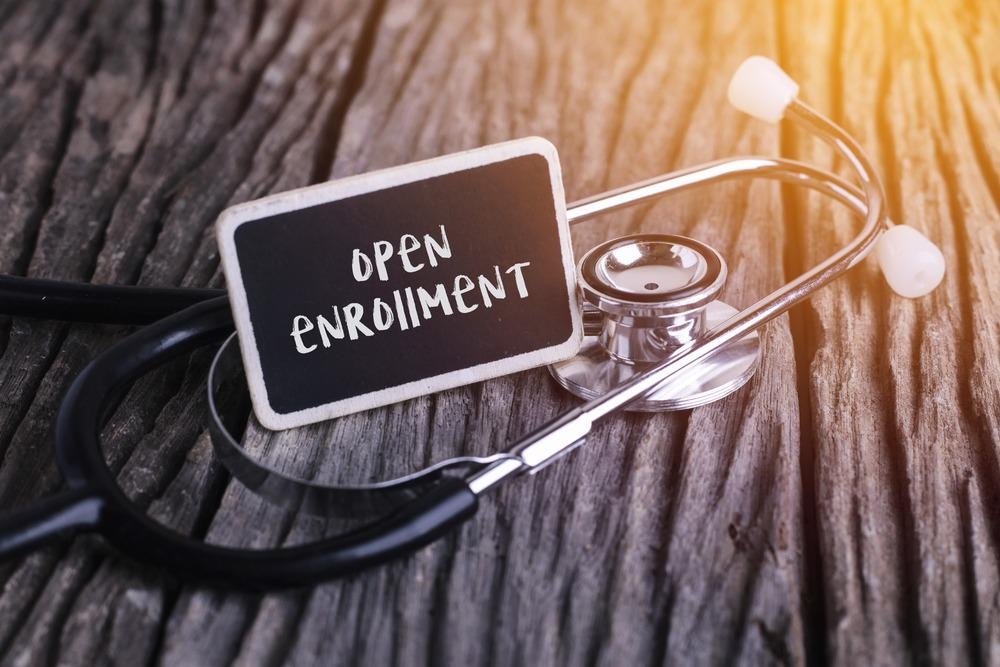Participant diversity and inclusion are vital for clinical trials, but some under-served groups continue to be excluded from a trial for various reasons. This article will ask the question of why some people are denied access to trials and the consequences of this exclusion.

Image Credit: Pensee Sauvage/Shutterstock.com
Clinical Trials
Clinical trials are a vital part of the process of introducing pharmaceutical treatments and interventions to the commercial market. New treatments and procedures are initially tested in the laboratory and animal models before they are approved for human testing. Clinical studies then pass through a series of steps referred to as phases, which provide important data for clinical researchers on the effectiveness and risks of the treatment.
Clinical trials follow a protocol that describes what the trial involves and what a participant can expect. Participants are covered by rights and protections, and they must understand the risks and benefits. Trial criteria govern who can participate, and people from diverse groups are encouraged to participate. This includes young, old, healthy individuals, patients, and people from diverse ethnic and racial backgrounds.
The Problem with Diversity in Clinical Trials
However, clinical trials have a historical problem with diversity and inclusion. Groups of individuals, through no fault of their own, have been barred from taking part in clinical trials for a multitude of reasons. Individuals barred from research in this manner are termed “under-served groups.”
This lack of inclusion has a tangible negative impact on clinical trials and patients who may need the treatment or procedure once it has been released onto the market. If a clinical trial fails to include a broad range of participants, the results of the trial are not generalizable across a broad population. Additionally, different groups and individuals respond differently to treatments due to different physiological and disease states, and if data is not available for that group, the benefits, and risks of a treatment cannot be adequately balanced.
Furthermore, because the successful delivery of interventions is a complex process that involves overcoming sociocultural, logistical, biological, and psychological differences, ensuring it works in practice requires the participation of under-served groups. Moreover, if there is a lack of data on how a treatment affects a particular group, clinicians may decide not to offer it to a patient.
The problem with diversity and inclusivity in clinical trials is well-known, but the solutions to this issue are complex and sometimes difficult to implement. Studies in recent years have highlighted this issue. A study published in 2013 explored the barriers to inclusion for older adults in Non-Hodgkin’s Lymphoma trials. Out of 87 studies, 10.3% exclusively focused on patients over 65 years of age, and 54% indirectly excluded this demographic because of their inclusion criteria.
In the USA, African Americans account for 20% of all Multiple Myeloma sufferers, but only 6% of individuals in trials are from this group. Clinical trials into finding vaccines and treatments for COVID-19 have also highlighted this issue. Whilst ethnic minorities are more likely to be diagnosed, hospitalized, and die from the disease, data from trials for these groups is lacking. Designing trials that include diverse groups of people is a vital research direction.

Image Credit: nelzajamal/Shutterstock.com
Examples of Under-Served Groups
Under-served groups include members of socioeconomic, cultural, gender, cultural, racial, ethnic, age, and health-related demographics. Key characteristics of under-served groups include lower inclusion in research than would be expected from population estimates, a high healthcare burden that is not matched by research volume, and differences in how they engage with and respond to interventions compared to other groups (and the lack of research which addresses these factors.)
Under-served groups by demographic factors include LGBTQ+ individuals, individuals with an educational disadvantage, extremely old or young individuals, and different ethnic minority groups. Groups by social and economic factors include people in full-time employment, military veterans, low-income and unemployed individuals, people in remote communities, foreign-language speakers, and religious minorities.
Groups by health status include physically disabled individuals, mental health patients, individuals who lack the capacity to consent for themselves, obese individuals, smokers, people with addiction issues, individuals with learning disabilities, cognitively impaired individuals, and pregnant women. Finally, under-served groups can have disease-specific factors such as genetic disease sub-types and rare diseases.

 How have Clinical Trials Changed over the Last 10 Years?
How have Clinical Trials Changed over the Last 10 Years?
What are the Barriers to Access?
To overcome this issue, barriers that deny access to under-served groups must be removed. The NIHR-INCLUDE project has identified several of these barriers. Knowledge of what the barriers are can inform trial design which improves access for traditionally under-served groups.
Barriers include poor trial consent procedures, participant risk perception, cultural barriers, lack of trust and interest in trials, poor trial promotion and lack of available trials, barriers relating to physical disability, negative financial impact, the lack of effective incentives for participation, lack of education which makes individuals feel unqualified to take part, and geographical barriers.
What Can be Done to Improve This?
To overcome the barriers to access for participants, trials need to change. The NIHR-INCLUDE project proposes a series of questions that will help research teams design inclusive research, guide reviewers and funding bodies in assessing the inclusivity of research and guide delivery teams in considering how to better include under-served groups.
Breakthrough technologies can also help to overcome some barriers. Social media can improve promotion, targeting trial awareness to under-served groups. Wearables, mobile devices, and remote technologies such as telemedicine can overcome geographic barriers. Multi-language translation can overcome language barriers. By remotely monitoring participants in their homes, financial and time constraints are eliminated. Technology is playing a key role in designing a new generation of dynamic, decentralized, and inclusive trials.
Summing Up
Designing more inclusive trials vastly benefits medical research and informs more effective treatments and interventions for a broad population. However, multiple barriers exist which exclude under-served groups that must be overcome to achieve this. One factor that is playing a key role in overcoming these barriers is technological innovation. The inclusion of a diverse selection of participants should be a paramount concern for research teams and clinical organizations.
References:
Further Reading
Last Updated: Apr 13, 2022